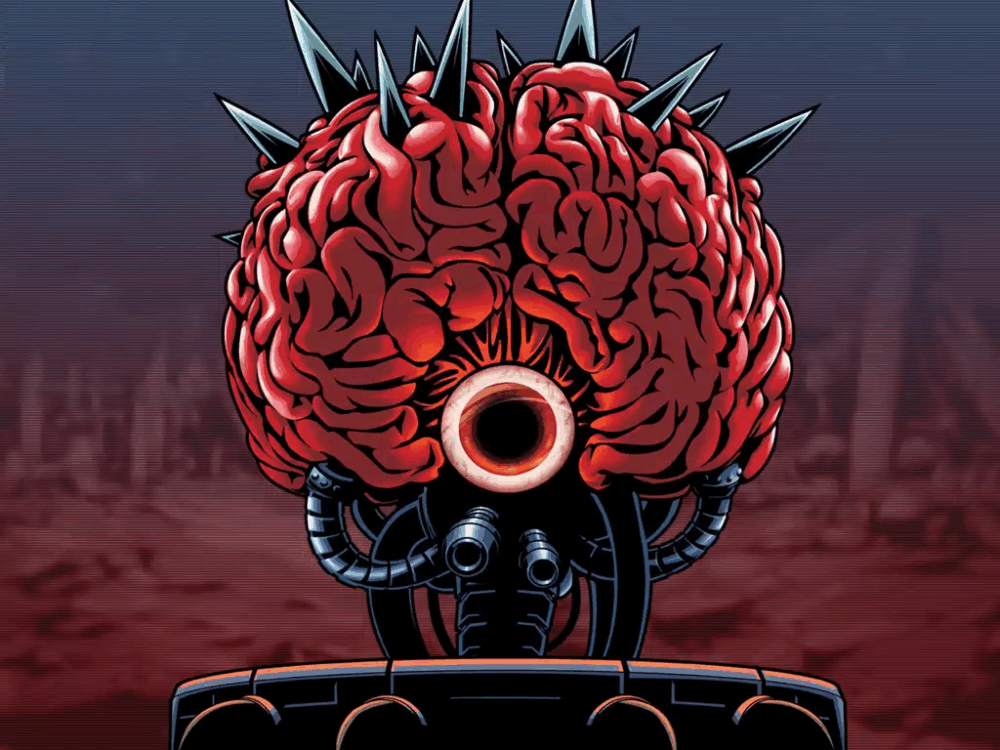The Power of Our Brain
While physicists are working to build quantum computers, it’s possible that such computers have been hiding in our heads all along. In a new study published in the Journal of Physics Communications in October 2022 (see: Experimental indications of non-classical brain functions), a team of scientists from Trinity College Dublin suggests that our brains may actually use quantum computing. If confirmed—which will require extensive research—this discovery could help explain why our brains still outperform supercomputers in certain areas.
The Brain as a Quantum Computer
The researchers’ conclusion is based on the concept of quantum entanglement. This phenomenon occurs when the quantum state of two or more objects must be described in relation to each other, even if the individual objects are separated by large distances.
What Is Quantum Entanglement?
Quantum entanglement is a phenomenon where particles affect each other’s quantum states, even when separated by great distances. It’s a fundamental feature of quantum mechanics that doesn’t exist in classical physics.
“We adapted an idea developed for experiments to prove the existence of quantum gravity, where you take known quantum systems that interact with an unknown system,” said Christian Kerskens, co-author of the study and lead physicist at the Trinity College Institute of Neuroscience.
“If the known systems become entangled, then the unknown must also be a quantum system,” he explained. “This allows us to get around the difficulty of finding measuring devices for something we know nothing about.”
In this case, the proton spins in the fluid of our brains served as the “known system.” Kerskens and his team then used a special form of MRI imaging to determine whether any of the proton spins were quantum entangled.
Interestingly, the researchers ultimately discovered a special type of brain electrical signal known as heartbeat-evoked potentials, which they say are usually not detected by MRI. The scientists suggest that it was the quantum entanglement of proton spins in the brain that allowed them to detect these potentials.
“If the only possible explanation here is entanglement, then this would mean that brain processes must have interacted with nuclear spins, mediating entanglement between them,” Kerskens concluded. “As a result, we can infer that these brain functions must be quantum.”
According to him, this explanation could answer why the human brain often outperforms supercomputers—especially when it comes to unexpected situations, decision-making, or learning something new. Since these brain functions are also linked to short-term memory and consciousness, it’s quite possible that these quantum processes are an important part of our cognitive and conscious abilities.
Entangled Thoughts
Overall, this is an intriguing hypothesis, but there is still much to prove. The study is based on relatively recent proposals in the field of quantum gravity. And, as the researchers admit, their efforts have largely been undertaken from the perspective of quantum physics.
In short, proving their theory will require significant interdisciplinary efforts, especially given the complexity of the human brain. Nevertheless, it’s a tantalizing possibility.



